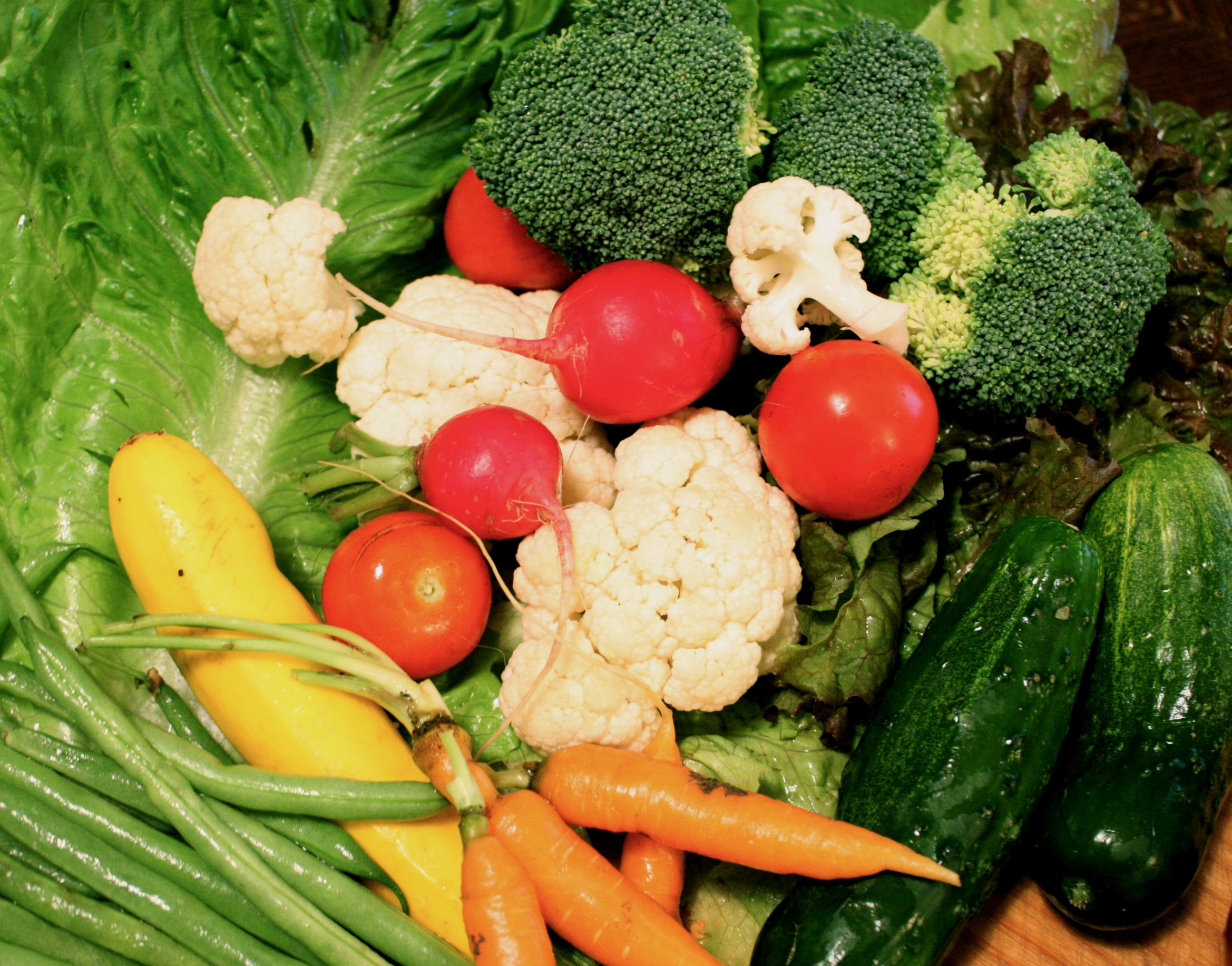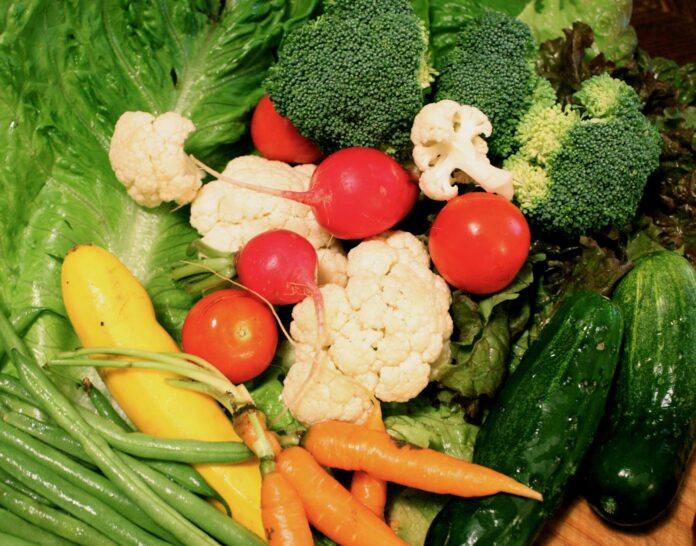
As a college freshman, I became fast friends with my first roommate. We went to corny welcome week events, painted with watercolors at Passion Puddle and rang in the New Year together, with firecrackers in the streets of New Brunswick.
But one day in May, when we weren’t feeling like freshmen anymore, I found her locked in our bedroom dorm with a boy from my high school. I had a history with this boy and, in my adolescence, could not contain my anger. I broke apart our friendship.
I spiraled downward, through another (bad) relationship, self-isolation, a stressful job. I slept through the next New Year. I developed a severe case of acne. My body ached. I was miserable; I felt as though the only thing I could control was my health.
I downloaded an app for my iPhone to monitor the foods I ate. I committed to running for up to an hour every morning. I ran a half marathon.
In reality, all I was doing was policing my body. But I was folding — falling — farther and farther into myself.
I eventually realized that, in attempting to be the healthiest person I could be, I was destroying my health, my mind and my life.
I endured this roller coaster without ever identifying my condition. It wasn’t until recently that I first came across its name, on my Facebook newsfeed: Orthorexia.
A New Kind of Eating Syndrome
Steven Bratman, a doctor and author from California, coined the term in 1997 to describe an eating pattern that crosses over into eating disorder territory.
“Ortho” means right, and “rexia” means desire. Therefore, orthorexia means a desire to be correct. According to the National Eating Disorders Association, orthorexia is “an unhealthy obsession with otherwise healthy eating.”
As awareness about food and healthy eating has increased, as people go vegan and gluten free, as organic and health food stores open up, experts say that more of their patients are exhibiting symptoms of orthorexia.
Charlotte Markey, a professor of psychology and director of the health sciences program at Rutgers-Camden, acknowledges that the term orthorexia has been around for a while. But she distinguishes it from eating disorders such as anorexia and bulimia, which are clinical diagnoses recognized by psychologists and psychiatrists. Orthorexia is an eating pattern, but not considered an “eating disorder,” she said.
“It’s a potentially useful descriptor for a hyperfocus on healthy eating,” Markey said. “While we typically don’t think of eating as being ‘too’ healthy, it’s useful to realize you can go to that extreme.”
It is impossible to know exactly how many people suffer from orthorexia, due to its unofficial status as a clinical diagnosis. All evidence of orthorexia so far is anecdotal — no formal research has been conducted. Markey underscored the difference between popular cultural references and clinical recognitions.
“Most people [restrict their eating] with only a superficial knowledge of what it truly means for their bodies,” said Louis Macareo, an internal medicine physician, clinical pharmacologist and viral diseases researcher who is currently based in Thailand.
Macareo said the issue mostly afflicts middle and upper class Americans.
“I believe that it has become easier to eat healthier foods over the years, but prohibitively expensive to do so,” he said. “There is an extensive dollar menu at McDonalds, but Whole Foods equals whole paycheck. Enough said.”
The Popularity of “Organic” Food
A 2014 Gallup poll found that 45 percent of Americans say they try to incorporate organic foods into their diets. Fifteen percent actively avoid them, and 38 percent don’t think either way about them. This was the first year that Gallup asked about eating organic foods in its annual Consumption Habits survey, which speaks to how new this trend is.
George Clark, a professor of human ecology at Rutgers-New Brunswick, grew up on a farm in East Brunswick in the 1950s and 1960s. He remembers visiting his family’s farmsteads on Ryders Lane and on Route 18, when the food sciences building was a zucchini field, and the Sears parking lot was a cornfield. To him, organic is a new term.
“Nobody talked about organic when I was young,” he said.
Clark said that he is just old enough to remember when the supermarkets first opened up in East Brunswick, and his family would go shopping to buy fresh foods a few times per week.
“The farm markets here at Rutgers are a throwback to what used to exist,” he said. “Sometimes we’ve discarded things that are actually very good.”
When he was young, there were no organic food sections in supermarkets. Since then, he has seen a spike in the organic trend.
”My local supermarket has expanded the health food section incredibly over the years, he said.
Chitra Ponnusamy, an instructor of food science at Rutgers-New Brunswick, is vegetarian for religious reasons, and grew up in India. She moved to the United States in 1999.
“It’s not very difficult to be a vegetarian in this country, because everything is possible,” she said. “If you go outside, it depends on restaurants’ foods. But, you do have a lot of vegetarian options.”
For Ponnusamy, organic is a new term as well. Shops in India do not have sections cordoned off for organic foods, she said.
“We had a simple diet of rice, lentils, dairy, fruits and vegetables,” she said. “Still, we eat a variety of foods.”
Still, foods labeled organic are not necessarily healthier than regular foods. There is no scientifically-supported data to prove that people who eat organic are healthier than those who do not. Americans might buy organic, but the American food environment is “obesogenic” — a term that means tending to cause obesity, Markey said.
“We definitely have more access to bad foods than we do to good foods,” Markey said. “That could be part of why people are focusing on orthorexia. When it becomes difficult to achieve, it becomes more desirable.”
Take This Seriously
Elise Staulo, a senior at University of Rhode Island majoring in mechanical engineering and minoring in nuclear engineering and physics, is studying her generation’s transformative food environment.
“I became aware of [orthorexia] through Instagram, as I follow many health food accounts for recipe inspirations and to learn new things,” she said.
Staulo believes that orthorexia is a disorder to be taken seriously, even if it is not classified as a clinical diagnosis.
“If you learn about people’s back stories of making the change to a healthier lifestyle, many times it seems like it includes a history of anorexia or another eating disorder,” she said. “Their compulsive habits are being translated into a new way of eating.”
Staulo does not identify as vegetarian herself, though she follows a mostly vegetarian lifestyle. She eats whole, plant-based foods and avoids eating animals and drinking their mil.
“I don’t know if it’s just the wide access to information we have now that is snowballing people’s interest in becoming vegetarian/vegan or if it’s actually becoming a trend because people think it’s ‘cool,’’’ she said. “It’s most likely a mix of both.”
In October 2015, the World Health Organization reported that red meats were “probably carcinogenic,” despite limited evidence. At the same time, the organization also stressed that meat has some health benefits. These types of reports, posted on many social networks and publicized in news media, can be confusing.
“More and more people are trying this way of living and spreading their experiences of new found energy and the depletion or elimination of health issues from eating plant-based [diets], and this compounds followers,” Staulo said, referring to users on social networks.
“Then, I think there is also a ‘trendy’ side of being vegetarian or vegan that people are picking up. It involves taking perfect pictures of smoothie bowls and the spread of veggies picked up from the farmers market to give an air of this glamorous and cool lifestyle.”
Thomas Anderson, a senior at Rutgers majoring in genetics and working at the GNC on George Street in New Brunswick, agrees that social media influences our eating patterns.
“Social media definitely does play a role in the way people eat today,” he said. “[Companies] take advantage of something popular, someone who, on Instagram or on Facebook, has a lot of followers, and will have them act like a normal person and promote a diet or something that they’re trying to push.”
For Ponnusamy, food is a social issue.
“You’re just advertising what you’re eating,” she said. “Food is something that is very attractive to everybody. And, it is something so personal to you. It makes us feel secure, because we are surrounded by the foods that we eat.”
Watch the Labels
There is still confusion surrounding the words “organic” and “natural” on supermarket packaging. Organic foods have met standards posed by the Department of Agriculture. “Natural” foods, on the other hand, do not officially exist — even a junk food item can call itself that.
“I really believe that knowledge is power, and I believe in labeling,” Clark said. “I believe we are entitled to know what we are consuming, and make the choice to consume it, while [food companies’] stance is that it confuses people and there’s nothing wrong. But, if there’s nothing wrong, then it should not be a problem to label it.”
Though certain American food companies sell us unhealthy foods — which causes some Americans to develop obsessions over seeking out healthy foods — we may be able to overcome this issue by labeling our foods more clearly, and considering a return to the weekly outdoor market.
Clark attended Rutgers in the 1960s, a tumultuous time when students were impatient over the pace of change.
“To some extent, I still am,” he said. “But over the long haul, if people keep working for change, what seems to be slow, incremental change does become cumulative and does make a big difference.”
In the meantime, Ponnusamy stresses the importance of a healthy lifestyle, which she describes as being healthy, eating healthily, and being active.
“That’s it,” she said. “Everything in moderation, and anything that keeps you going.”


